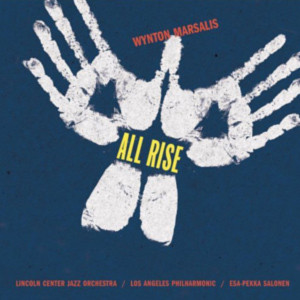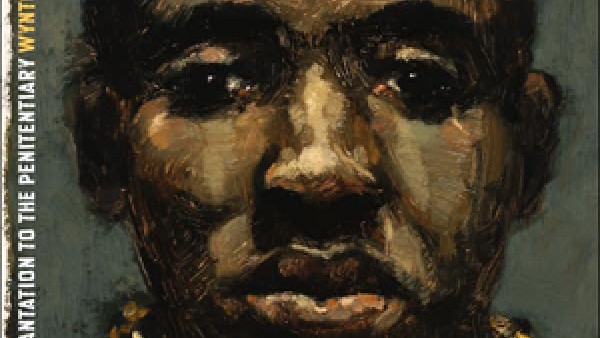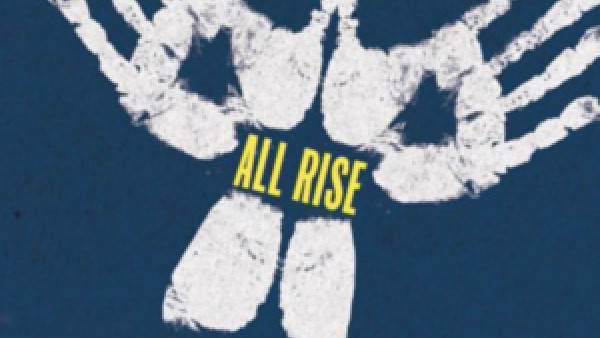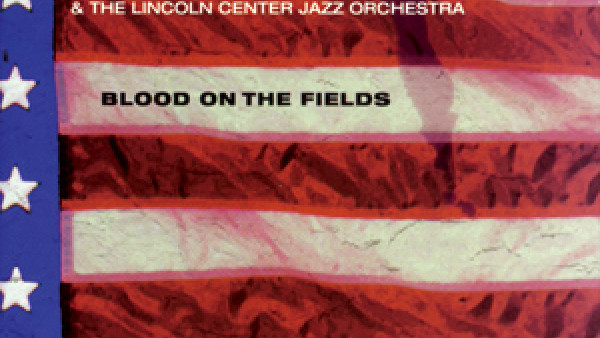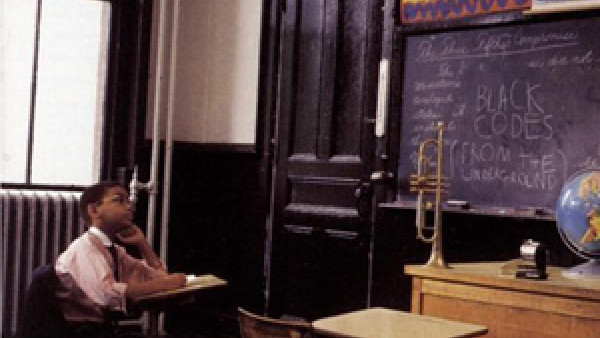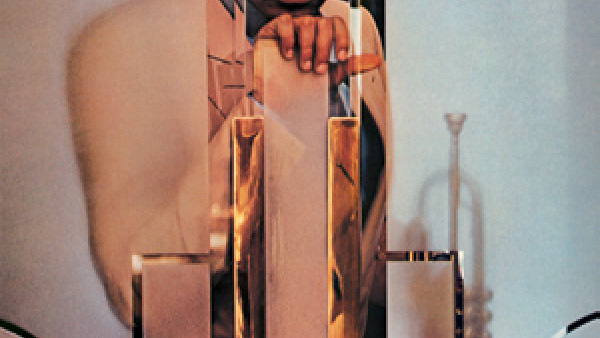Explore the life, inspirations and iconic recordings of trumpeter Wynton Marsalis
Most fans know Wynton Marsalis as the most recognizable jazz trumpeter of his generation. He’s also a celebrated composer, educator, and music director of the Jazz at Lincoln Center Orchestra. But as a youngster, Wynton trained obsessively to be a virtuoso classical trumpeter, developing from the 1980s into one of the hottest-selling classical recording artists. So, on today’s show its “classic” Wynton.
At just fourteen Wynton played the Haydn concerto with his hometown orchestra in New Orleans and four years later won the first of his many Grammy awards for a classical album of the Haydn and Hummel concertos. The same year he won a Grammy for a jazz album with his quintet. In rapid time he went on to record a range of trumpet repertoire across the canon and compose a number of epic works written for symphony orchestra himself.
Not everyone was happy about his early embrace of the classical. When Marsalis recorded his first baroque concerto album in 1982, Miles Davis wrote “They got Wynton playing some old dead European music.”
Marsalis himself doesn’t see any division and was happy early in his career to straddle the two genres. For him jazz is America’s classical music, so playing the “classic” repertoire and writing symphonies and concertos himself is not a contradiction. In these works, he brings the two musical worlds together as an optimistic metaphor for our shared humanity.
All in the family
Wynton and his musical family have been dubbed the First Family of Jazz. Born in New Orleans in 1961, he was the second of a brood of six brothers, four of whom have gone on to have stellar musical careers. His father, Ellis Marsalis Jnr. who died this year aged 85, was an acclaimed pianist, jazz teacher and jazz improvisation instructor at the New Orleans Center for the Creative Arts. His mum Dolores sang in jazz bands before her family came along.
Ellis mandated that each of his boys would play a different instrument – to avoid sibling rivalry. Wynton’s older brother Branford, the family’s first musical prodigy, set the bar high, eventually becoming an internationally successful saxophonist. Jason’s a drummer and Delfeayo, a trombonist.
Wynton was six when band leader Al Hirt gave him one of his old trumpets and though he had fun with it as a youngster it was only when he heard jazz trumpeter Clifford Brown at the age of twelve that he started to take it seriously. “I didn’t know someone could play a trumpet like that. It was unbelievable.” And what about his introduction to classical trumpet?
“It all started on a New Orleans Streetcar”
In the seventies, “I was sitting at the back of the streetcar and a fellow student put his trumpet case down by mine. He gave me an album and said check this trumpet player out, and it was Maurice Andre. I didn’t know who he was at that time, but I put it on when I got home and it was a recording of the Haydn trumpet concerto. He’s the greatest! If it weren’t for him I wouldn’t have wanted to play classical music.”
Two years later, Wynton won a competition playing the Haydn concerto at high school. “Yeah, I got better quickly.” Many years later the legendary French trumpeter praised Marsalis as “potentially the greatest trumpeter of all time.”
By this time Marsalis was taking lessons from John Longo in New Orleans who was schooled in both classical and jazz traditions. “It was against all the cliches” Marsalis recalls. “I mean you wouldn’t think two guys in our community would be sitting up listening to Ein Heldenleben!”
Marsalis has always said he dreamed as a kid of being a jazz man, but in his opinion “I didn’t see anybody playing true jazz, so I said to myself if the great jazz musicians can’t play jazz, if my daddy can’t get jobs playing jazz, then I’m in sad shape. So, I figured I should learn how to play classical music because at least with the classics you know what music you have to learn, whereas in jazz you have to create your own philosophy out of thin air.”
Growing up in the hothouse musical culture of seventies New Orleans was exhilarating for Wynton, who’d play gigs at night, come home in the early morning and go to school. In between he’d fit in his practice: an hour before school, an hour at lunch, an hour before dinner and an hour after the evening gig. “I played as much as I could possibly play and developed very quickly.”
Branford remembers his brother coming home with books on classical composers. “My teachers said that I’ll never be able to play Mozart unless I understand the people and the times that created them.” He attended a course in symphonic analysis and could soon read a full orchestral score, and bought natural trumpets, systematically teaching himself the instrument’s history and literature.
“I didn’t really like that year at Juilliard”
Marsalis was a precociously gifted student, constantly winning prizes at school. At seventeen, he was the youngest musician admitted to the Tanglewood Music Center, where he found himself playing Stravinsky, Sibelius and Mahler with Leonard Bernstein, another of his heroes. He won the “Harvard Shapiro Award for Outstanding Brass Player” there, then a scholarship to New York’s Juilliard School followed, after he turned down a number of offers from Ivy League schools.
He said he found it hard to fit in but was as busy as ever, playing gigs with New York salsa bands, giving concerts with the Brooklyn Philharmonia, and working in the pit for the Broadway production of Sweeney Todd. “I didn’t really like that year at Juilliard to tell the truth. I was totally alone and isolated there. Nobody was like me – I still wore an Afro, I was from New Orleans, my whole philosophy about music was different from everybody else’s.”
In the end Wynton didn’t finish his course at Juilliard. An offer to continue his education “on the road” touring with the legendary drummer Art Blakey and his Jazz Messengers was too good to resist. Marsalis eventually became the band’s musical director. It was around this time that he changed his image – the sharp suits and ties – for which he’s now famous. “That was it. I was going to play jazz.”
“I truly realized what the classical life is all about”
But in the 1980s offers came flooding in to perform as a classical soloist with orchestras in Vienna, London and across the US. In 1988, he premiered trumpet concertos by Penderecki and John Corigliano.
With the increased attention he was receiving, Columbia Records offered him an unprecedented recording contract for both jazz and classical albums, which he went on to release simultaneously, chiming with the vogue for cross-pollination at the time.
His jazz album Think Of One, marking his debut with his jazz quintet, sold nearly 200 000 copies, about ten times what was considered a successful jazz album, and was released alongside his classical album of trumpet concertos with the English Chamber Orchestra winning him his first two Grammys aged twenty.
A succession of chart-topping albums followed across the classical canon. In 1994, he re-recorded the Haydn, Hummel, and Leopold Mozart concertos and two years later, he released In Gabriel’s Garden with the English Chamber Orchestra and Anthony Newman on harpsichord and organ. “I want to keep developing myself as a complete musician. With this new Baroque album, I felt that I’d never really played that music before with the right authority or rhythmic fire.”
He cites his early collaborations with conductors Raymond Leppard, Lorin Maazel and Zubin Mehta as being inspirational. “I was blessed to record several albums with the ECO under the baton of Maestro Raymond Leppard. I loved him from the start. In rehearsal, he’d come in with all these fantastic ornaments and added runs for me to play, and if they didn’t work we would change them. That’s when I truly realized what the classical life is all about”
In 1987, aged just twenty-six, he helped start a summer classical and jazz concert series at the Lincoln Center in New York, until then the epicentre of classical performance. The success of that summer series led to the foundation of a jazz department at the Center, with Marsalis appointed managing and artistic director and music director of the hugely successful Jazz at Lincoln Center Orchestra.
“What’s this black person doing writing this music?”
1997 was a watershed year for Marsalis. That year he became the first jazz musician to win the Pulitzer Prize for music with his epic jazz oratorio on slavery and freedom, Blood On The Fields.
Wynton’s always been at forefront of black struggles in America. “My generation grew up believing the promises of the civil rights movement would substantially improve economic and social opportunities. I’ve spoken, written, played and composed – almost obsessively – about the toll that American racial injustice has taken on all of us. This has been my response to injustice: Black Codes (1984); Blood on the Fields (1997); All Rise (1999); From the Plantation to the Penitentiary (2006); and The Ever Fonky Lowdown (2019.)”
All Rise was the first of a series of vivid, ambitious works for symphony orchestra.
“I want you to write a piece about our common humanity”
It was Kurt Masur, the eminent German conductor, the music director of the New York Philharmonic in the 1990s who dared Marsalis, then twenty-eight, to write for the orchestra. (His son is a trumpet player.) “I started laughing like, man, I have never even written for a big band.” Masur told him to “write a piece about our common humanity. We talked about a lot of subjects including what he saw in Germany during the Nazi era. It took me ten years to work out coming from New Orleans what we had in common.”
All Rise, which premiered in 1999, is an epic work for big band, gospel choir and orchestra, spanning the sounds of ancient Africa to the rhythms of the late twentieth century. Marsalis followed it with several more ambitious works for major orchestras on both sides of the Atlantic, and in 2015, a violin concerto for his friend, the Scottish virtuoso Nicola Benedetti. She said “it was a life-changing experience. Audiences that don’t necessarily love classical music fall in love with this piece.”
Just last year Wynton played his hour-long fourth symphony The Jungle with the Melbourne Symphony Orchestra. An ode to the “big apple,” he says it continues the story established by Dvorak and developed by Ellington, Gershwin, Bernstein and Gunter Schuller of integrating jazz into the classical tradition.
“I believe in classical music but in the end I’m a jazz musician, I like to swing so that’s what I’m going to do.”
In lockdown in New York since March, and mourning the recent death of his father, Wynton has not been resting on his considerable laurels but in overdrive, masterminding the Lincoln Center’s online content. There’s a weekly conversation “Skain’s Domain,” orchestral collaborations like “Quarantine Blues” and a virtual edition of the Center’s High School Jazz Band competition, Essentially Ellington. He’s also penned an eloquent tribute to his father, and his thoughts about the killing of George Floyd on social media. His latest album The Ever Fonky Lowdown is due for release soon. “It’s about the hustle that’s being run on black and white folks,” he says.
These days it’s jazz that beats at the heart of Marsalis’ creative life. “I stopped playing classical because I couldn’t play at a high enough level and develop my jazz playing. I had tremendous respect for the playing and the history of our instrument and the technical demands of playing at a certain level.” But who knows what Wynton will do next.
by Mairi Nicolson
Source: ABC Classic

